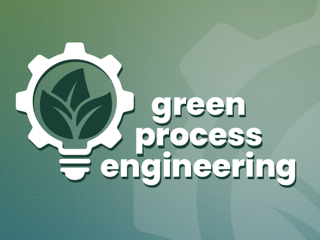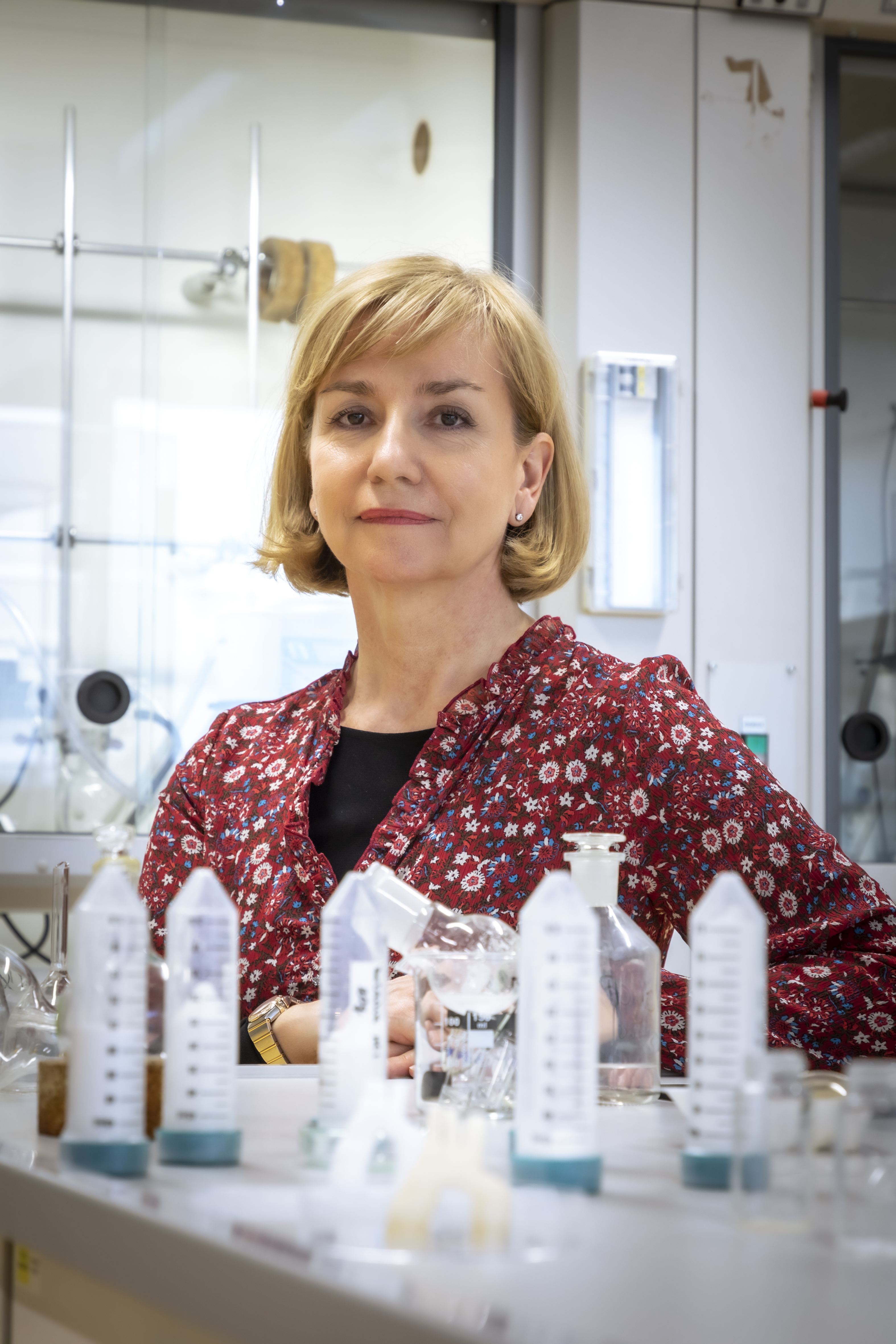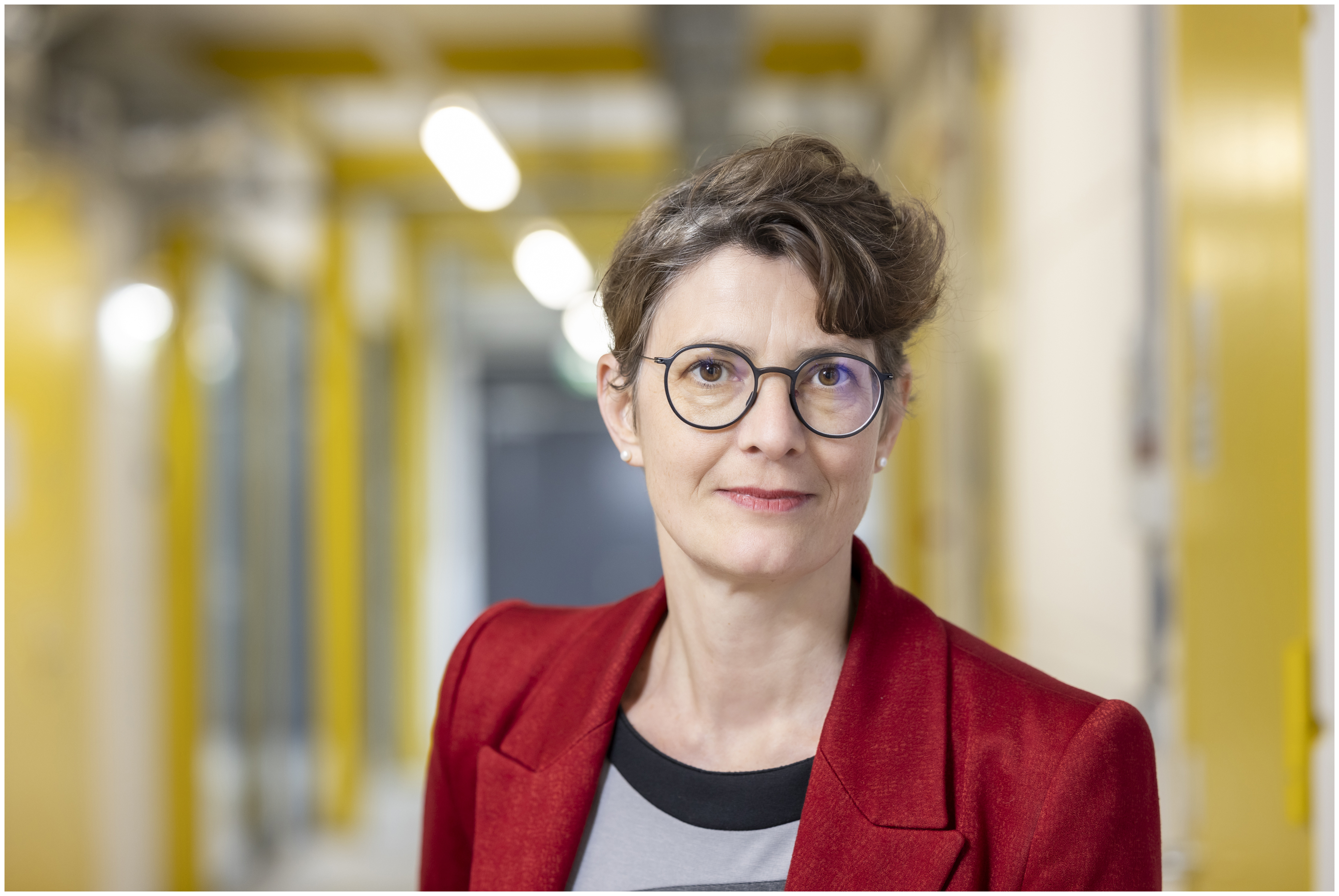


Introduction to Green Process Engineering
Graz University of Technology
Karin Stana-Kleinschek, Marlene Kienberger
About
General Course Information
Content
Course Content
The MOOC contains of four topics namely Terms and Conditions, Sub-systems of the bioeconomy, Transition pathways and technologies and Examples. For each of the four topics, there are between four and six videos available that describe the topic more in detail ad additional information is provided.
The goal of the course is to give an overview of terms used when circular economy, circular bioeconomy, or circular economy of water are contained. The subsystems of the bioeconomy including wood based, plant based or marine economy or described. Then, the transition pathways defined by the European commission and relevant measures to achieve zero emission in 2050 are summarizes before giving some relevant industry examples.
Course Goals
After the course students are able to:
- describe the different subsystems of a bioeconomy and give relevant examples
- explain the most relevant ecosystems in the European union and what a transition pathway is
- give relevant measures for the most relevant industry sectors
- give some examples to achieve net zero in relevant industrial ecosystems
Previous Knowledge
None
Course Procedure
Part one: Terms and conditions consists of six videos and elaborates on definitions that are used to ensure all students know the technical wordings and definitions
Part two: Sub-systems of the bioeconomy contains of six videos and summarizes what the basic materials for a bioeconomy are
Part three: Transition pathways and technologies consists of seven videos which summarize the transition pathways of relevant industrial ecosystems such as the textile industry and also measures that are needed to achieve goals set in the European climate law.
Part four: Examples consists of four videos and gives best practice examples how net-zero can be achieved, e.g. in the pulp and paper industry.
Certificate
For actively participating in the course you will receive an automatic certificate which includes your name, the course name as well as the completed lessons. We want to point out that this certificate merely confirms that you answered at least 75% of the self-assessment questions correctly.Licence
This work is licensed under CC BY 4.0The MOOC is an integral part of the course Introduction to Green Process Engineering, 2.5. ECTS
Course Instructor
Karin Stana-Kleinschek, Marlene Kienberger

Karin Stana Kleinschek is a full professor at Graz University of Technology (TUG), Austria. She teaches various courses on Organic Chemical Technology, Functional Polymers, Biopolymers in advanced applications, Macromolecular Materials and Material Technologies - Composite Materials. She is a member of various scientific organizations, as for example she is a vice president of research of European Polysaccharide Network of Excellence EPNOE. Her scientific bibliography consists of more than 1300 units, including 225 scientific peer-reviewed papers; she participates and coordinates numerous of national as well as international research projects and supervises master, doctoral and postdoctoral students. She leads and takes part in numerous national and international projects.

Marlene Kienberger is Assoc. Prof. for Separation Technologies at the Institute of Chemical Engineering and Environmental Technology at Graz University of Technology. She is heading the working group Biorefinery where technology development for added value processing of renewable resources is researched. Her teaching activities reflect what she is doing in research. She is responsible for the master program Green Process Engineering.
Login & Enrol The course starts on 1 October 2025. Currently: 1 Participants
Free for all € 0.00
Partners

Graz University of Technology
Graz